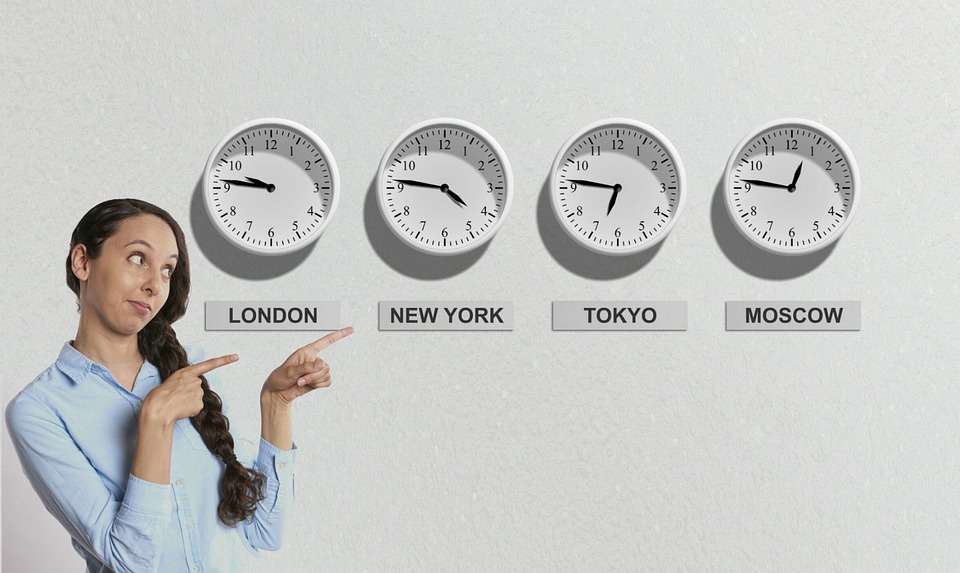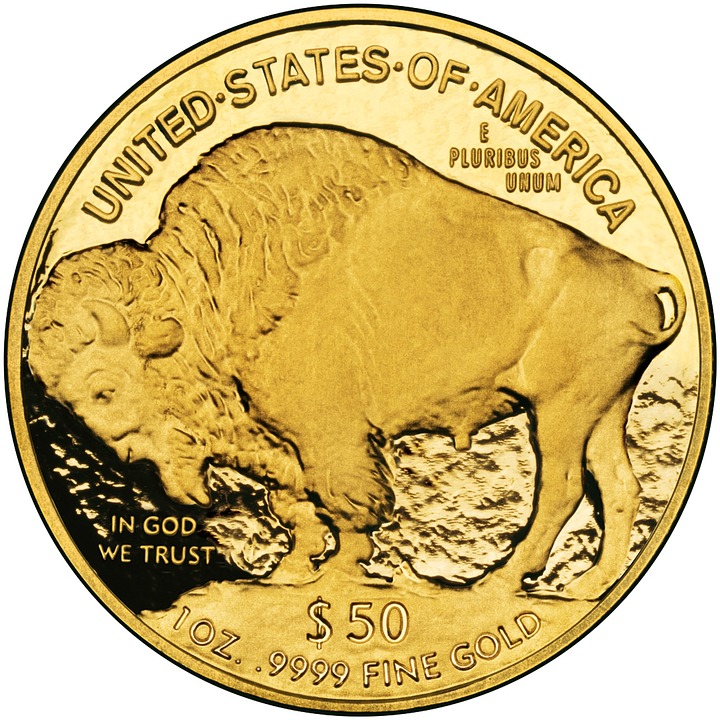Industry Indices and Market Volatility: Uncovering the Correlation
The world of finance and investing can be a complex and daunting one, filled with numerous terms, concepts, and indicators that can be difficult to understand for the average person. One such concept is industry indices and their correlation with market volatility.
Industry indices are a way to measure the performance of a specific industry or sector within the stock market. They are composed of a selection of stocks that are representative of that particular industry, and their performance is used as a barometer for the overall health of that sector. Some of the most popular industry indices include the Dow Jones Industrial Average, the S&P 500, and the Nasdaq Composite.
Market volatility, on the other hand, refers to the degree of variation or fluctuation in the price of a financial instrument over time. In simpler terms, it’s a measure of how much the price of a particular stock or index goes up and down. High volatility means that prices are fluctuating widely, while low volatility means that prices are relatively stable.
The correlation between industry indices and market volatility is an important one, as it can provide valuable insights for investors and traders looking to make informed decisions. In this article, we will delve into the relationship between industry indices and market volatility, and explore how understanding this correlation can be beneficial for those looking to navigate the world of investing.
Understanding the Correlation
The performance of industry indices can have a significant impact on market volatility. When an industry index experiences a significant fluctuation in value, it can lead to increased volatility in the overall market. This is because industry indices are composed of a selection of stocks that represent a particular sector or industry, and their performance is often closely tied to the state of the economy.
For example, if a technology industry index such as the Nasdaq Composite experiences a sharp decline in value, it can lead to increased volatility in the broader market. This is because the performance of the tech sector has a significant influence on the overall economy, and a downturn in this industry can have ripple effects throughout the entire market.
Conversely, a strong performance by an industry index can also lead to increased market volatility, as it can create a sense of optimism and enthusiasm among investors, leading to greater fluctuations in stock prices. This can be seen during a bull market, when positive news and strong performance in a particular sector can lead to a surge in overall market volatility.
The relationship between industry indices and market volatility is a complex one, and it’s influenced by a wide range of factors including economic conditions, geopolitical events, and investor sentiment. However, by understanding this correlation, investors and traders can gain valuable insights into how industry-specific events can affect overall market volatility, and use this knowledge to make more informed investment decisions.
Benefits of Understanding the Correlation
There are several benefits to understanding the correlation between industry indices and market volatility. For one, it can help investors and traders anticipate and prepare for potential changes in market conditions. By closely monitoring the performance of industry indices, they can gain valuable insights into potential shifts in market volatility, and adjust their investment strategies accordingly.
Additionally, understanding this correlation can help investors identify potential opportunities for profit. By staying informed about the performance of industry indices and their impact on market volatility, investors can position themselves to take advantage of potential price swings and capitalize on market movements.
Furthermore, understanding the correlation between industry indices and market volatility can help investors manage risk. By recognizing how industry-specific events can influence overall market conditions, investors can take steps to diversify their portfolios and protect themselves from potential downturns.
FAQs
Q: How can I use industry indices and market volatility to inform my investment decisions?
A: By closely monitoring the performance of industry indices and their correlation with market volatility, investors can gain valuable insights into potential market shifts and adjust their investment strategies accordingly. This can help inform decisions about when to buy, sell, or hold onto investments.
Q: Are there any specific industry indices that are particularly influential in the market?
A: Yes, certain industry indices such as the S&P 500 and the Nasdaq Composite are known to have a significant impact on overall market conditions due to their broad representation of the market and their correlation with economic conditions.
Q: How can I use the correlation between industry indices and market volatility to manage risk?
A: By understanding how industry-specific events can influence overall market conditions, investors can take steps to diversify their portfolios and protect themselves from potential downturns. Additionally, they can use this knowledge to identify potential opportunities for profit and position themselves to take advantage of potential price swings.
In conclusion, the correlation between industry indices and market volatility is an important one, and understanding this relationship can provide valuable insights for investors and traders. By closely monitoring the performance of industry indices and their impact on overall market conditions, investors can gain valuable insights into potential market shifts, identify opportunities for profit, and manage risk. This knowledge can help inform investment decisions and ultimately lead to more successful outcomes in the world of investing.




